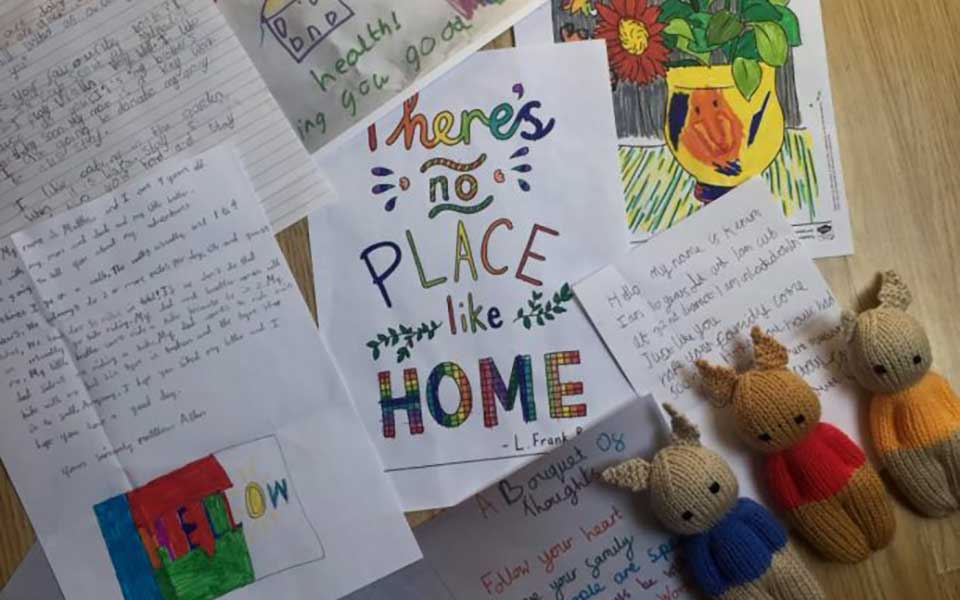At our September #iwill Health and Social Care Alliance meeting it was a pleasure to hear the many benefits that both young people and residents gain whenever care homes (and other social care settings) open their doors and reach out to members of their community.
Youth Social Action projects with an intergenerational element have the potential to support positive community connections, which we know are really important to young people’s health. George Fielding Co-Chair of the #iwill Health and Social Care Alliance and an experienced social care professional shares his reflections following our meeting.
Youth social action will not be the catalyst, which solves all the social care sectors problems and preoccupations, yet, amongst the endless talk of “crisis”, we can all be excused from forgetting the inherent potential for community connections and collaborations that lie wherever and whenever an individual is supported to lead a fulfilling life. It is not a coincidence that social care and youth social action share the same social root; both disciplines demonstrate the value of human connection, our commonalities, and our interdependency.
Everybody’s life is enhanced through the act of sharing, listening and learning from others. There is no reason why the social action of sharing, listening and learning cannot take place between different generations and cultures within social care settings. Indeed, the whole point of social care is that it is provided in the community and within people’s homes, outside of formal and traditional NHS settings. To this end, social care is more conversational than clinical. Where a supported individual is left lonely or isolated many would argue that they are not receiving a service worthy of the name ‘social care’.
One of the most heart-warming things to emerge out of our successive lockdowns (despite the many challenges of the time) was the notable increase in support and appreciation that social care settings received. A great example of that support is the Scouts’ Care for Care Homes initiative. Set up and designed by the Community Impact Group, a group of young people aged 16-25. Charli Clement our Alliance Vice Chair was involved in the project, which has delivered 12,020 acts of kindness, smashing its 10K target. She explains:
“After wanting to make a campaign on supporting mental health during the pandemic, we realised that specifically care home residents were likely to be lonely due to not being allowed visitors. So we asked young people in the youth sector to engage with their local care homes. It was also inspired by the Power of Kindness partnership we have with the British Red Cross, who we work with on our A Million Hands initiative all year round.”
The impassioned and insightful contributions of Amy and Ameerah from The Linking Network and Harriet from Alive Activities at our #iWill Health and Social care meeting really resonated with attendees. They illustrated that when children and young people see and understand the value of social care from an early age, the benefits and impact are incalculable and evident to all involved. The Dunhill Medical Trust has funded a number of regional projects to support youth social action projects that connect schools and youth groups with care settings and support intergenerational learning and linking.
An estimated 490,000 people currently live in one of the 15,600 care homes in the UK; each one is a community in and of itself, full of love and energy. Your nearest is a stone’s throw away from wherever you are reading this blog from and, when normality returns, you ought to be welcomed inside with open arms…
The #iwill Health and Social Care Alliance meets four times a year – this year our priorities include food poverty and health inequalities.
For more information: #iwill Campaign
Contact us: iwill@volunteeringmatters.org.uk

